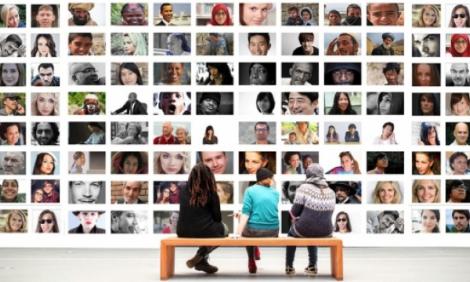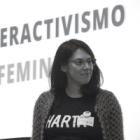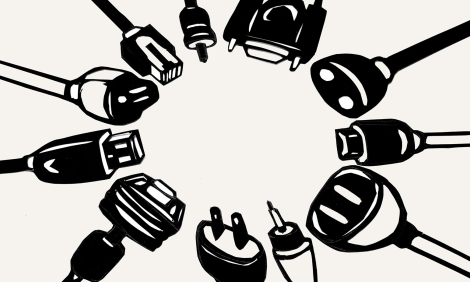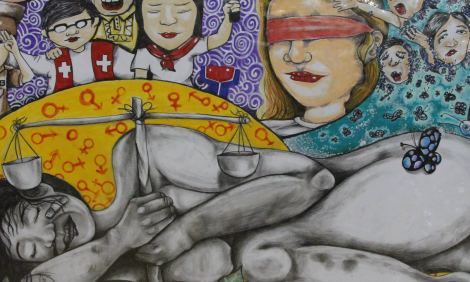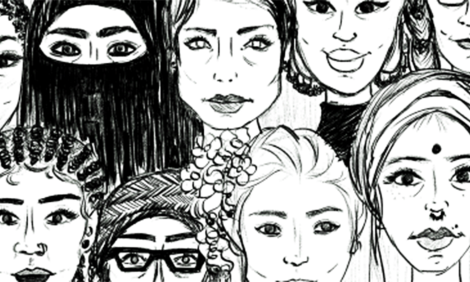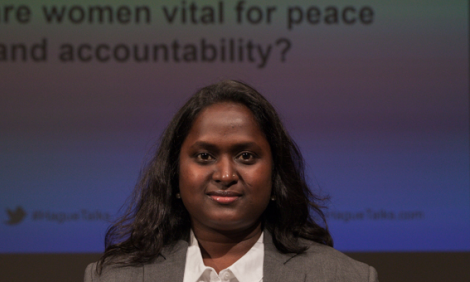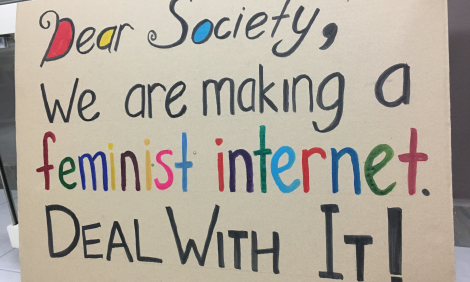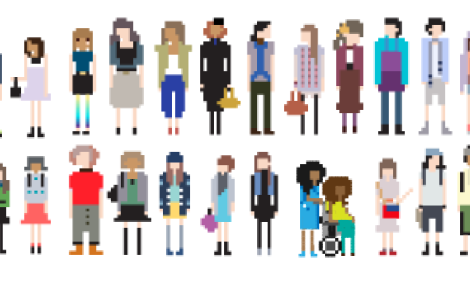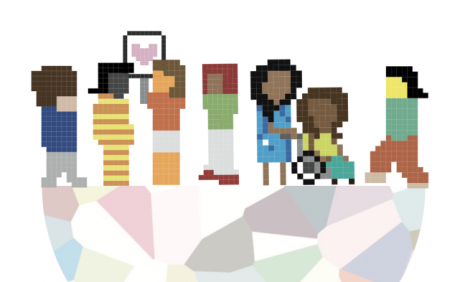In depth
Decolonising Internet Governance
By Mariana Fossatti
The internet is viewed as the gateway to development. So, how do we respond to the challenge of the persistent digital divide? Mariana Fossatti says that we have to do this from a standpoint of decolonising our thinking, and only that will open the possibilities of reconsideration of the global governance of the internet, prioritising factors of justice and equity.
In depth
A technopolitical approach to online gender-based violence
By Mariana Fossatti
Technology is not gender neutral and this article shows how social media companies and tech corporations play a role in perpetuating online gender-based violence. What we need is a critical examination of the tools available and their underlying techno-politics so we can create community alternatives for feminist communication.
In depth
Do we need new laws to address non-consensual circulation of intimate images: the case of Brazil
By Mariana Valente
In depth
Cyber violence against women: the case of Bangladesh
By Farhana Akter
Violence against women online is shaped by historical, cultural and social factors and this article explores the specific context of Bangladesh. This includes specific targeting of public women and journalists online and the exploitation of women by those they have intimate relationships with. Far from being an "elite white country problem", this article shows how women in the global South…
In depth
Hidden figures - A look at technology-mediated violence against women in India
By Anita Gurumurthy
IT for Change held a consultation in 2017 on the various forms of gender based cyber violence that affects women in India. Here various researchers and speakers gathered to share their data, insight and questions on the kinds of online violence faced by women in different professions, strata and social locations - from vernacular journalists to students in colleges, rural and urban women. This…
In depth
Intersection of identities: Online gender and caste based violence
By Kiruba Munusamy
Women who are also from vulnerable and marginalised communities such as Dalit women in India, face additional and vicious forms of online violence and harassment. In addition their access to justice is tenuous and fraught, adding progressively to the impunity with which caste- and gender-based harassment takes place.
In depth
Breaking online gender-based violence
By Serene Lim
An understanding of online gender-based violence as part of the structure of cultural and social violence that women face is essential to finding solutions or to combat it. In this article Serene Lim delves into what could be feminist legal approaches to online GBV, the alleged opposition to free speech and the multi-generational work required to dismantle frameworks of patriarchal oppression…
In depth
In plain sight, on sexuality, rights and the internet in India, Nepal and Sri Lanka
By hvale
The EROTICS report 2017 looks at sexuality, sexual rights and communication rights in South Asia in particular, and in this introduction to the report, hvale explores the conceptual overlaps and connecting threads in these varied contexts. South Asia's troubled colonial legacy of tackling sexuality related issues is evident in the many violations of rights of LGBTQI people, and the…
In depth
Swipe me left, I'm Dalit
By Christina Thomas Dhanaraj
Does technology and modernity dismantle hierarchies of social exclusion, like casteist and skin colour based discrimination in India? This is the question that is examined in-depth in this article that looks at the experience of Dalit women dating through apps in the Indian context, the roles that they are expected to play and how caste continues to play a role in romantic and sexual…
In depth
Sexuality and the internet: Findings from the global survey (2017)
By Bruno Zilli
Since 2013 the EROTICS global survey has been carried out three times by APC-WRP to assess and learn about the role of information and communication technologies in the work of its worldwide network of gender and sexuality activists, advocates, professionals and scholars. The survey was particularly designed to reflect about their experiences and responses to online violence and censorship.…

